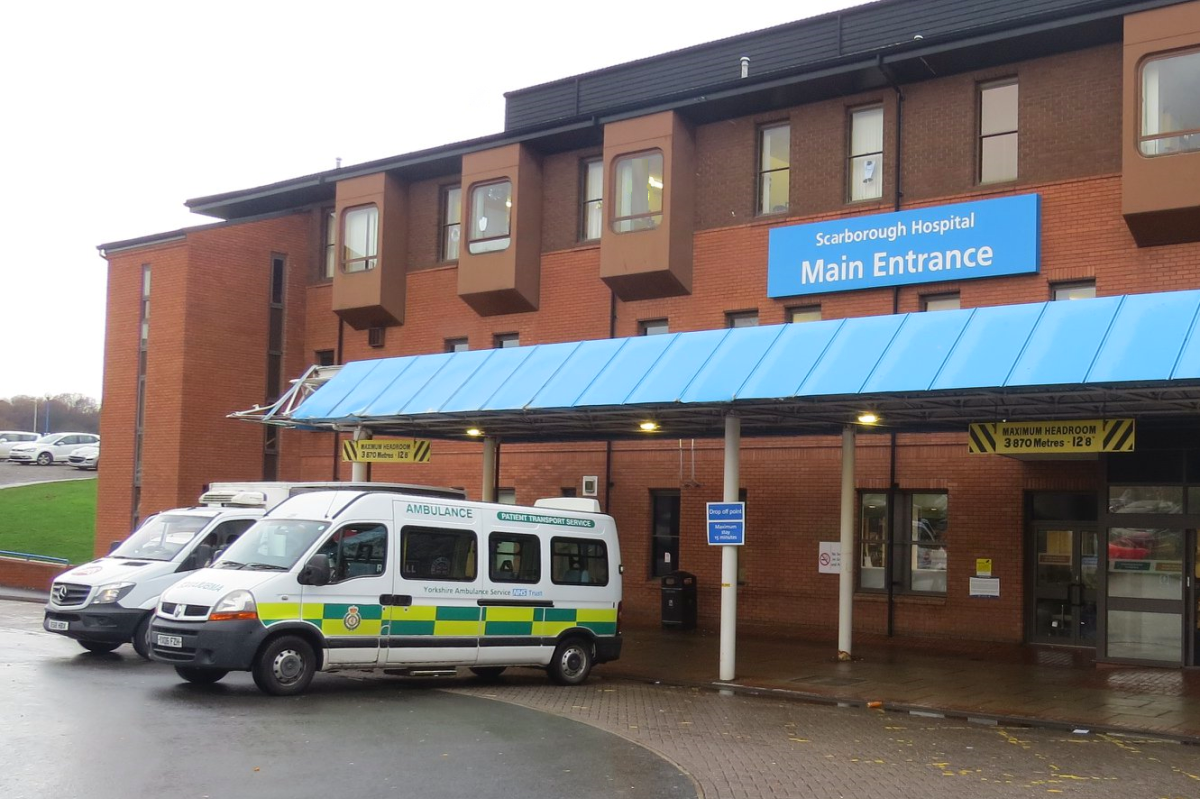
Health leaders in North Yorkshire and York urge patients to only use hospital A&Es in genuine ‘life and limb’ emergencies
The NHS says A&Es across the region are currently under intense pressure and some patients are waiting longer to be seen than might ordinarily be the case.
Ahead of the Easter bank holiday weekend, NHS North Yorkshire and NHS Vale of York Clinical Commissioning Groups say patients who have an urgent care need should contact NHS 111 – online at www.111.nhs.uk, via the NHS App or over the phone.
In many cases, patients with relatively minor health complaints can get the help and over-the-counter medicines they need from their local community pharmacy.
Dr Charles Parker, the Clinical Chair of NHS North Yorkshire CCG, said:
“There are still really high levels of COVID circulating in our communities and this is not just having an impact on the numbers of patients with COVID in our hospitals, it’s also affecting staffing levels in all healthcare settings.
“As a result, GP practices and hospitals are under extraordinary pressure to meet patient demand and we’re seeing more people turn to A&Es with minor illnesses and injuries that could be treated elsewhere.
“We would ask patients to think carefully before attending A&E this Easter – and if it’s not a genuine life and limb emergency to contact NHS 111 or visit a local pharmacy if it’s a problem that could be resolved with simple over-the-counter remedies.”
Ed Smith, Consultant in Emergency Medicine and Deputy Medical Director at York and Scarborough Hospitals NHS Foundation Trust, said:
“Operational pressures are being felt across the entire system and our hospitals and emergency departments in York and Scarborough continue to be extremely busy.
“Please only use our emergency department if you need emergency care and attention and leave this service for those that need it most.”
Michelle Carrington, Executive Director of Quality and Nursing at NHS Vale of York CCG, added:
“If you have a relatively minor health issue and you choose to attend A&E rather than use other more appropriate alternatives, it may mean a longer wait for someone who genuinely needs emergency care.
“When our A&E departments are under extreme pressure it means ambulances waiting to handover patients, may not be able to do so. That means those ambulances cannot get back out onto the road to respond to serious emergencies.
“While it is important that you access A&E or ring an ambulance if you have a serious or life-threatening emergency, we ask patients to remember that hospital emergency departments are not the right place for minor health issues and we would ask patients to think NHS 111 if they’re unsure where to turn for help.”




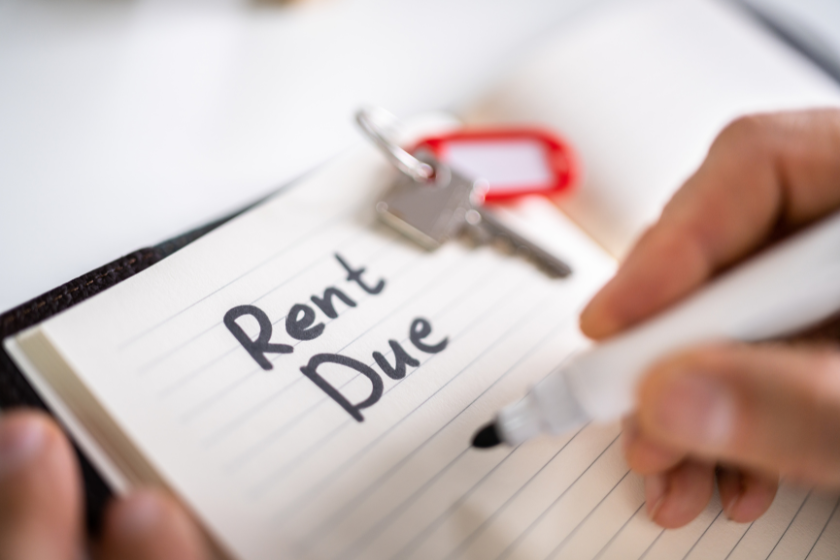 Concern Over Increasing Number of Older Renters in Scarborough
Concern Over Increasing Number of Older Renters in Scarborough
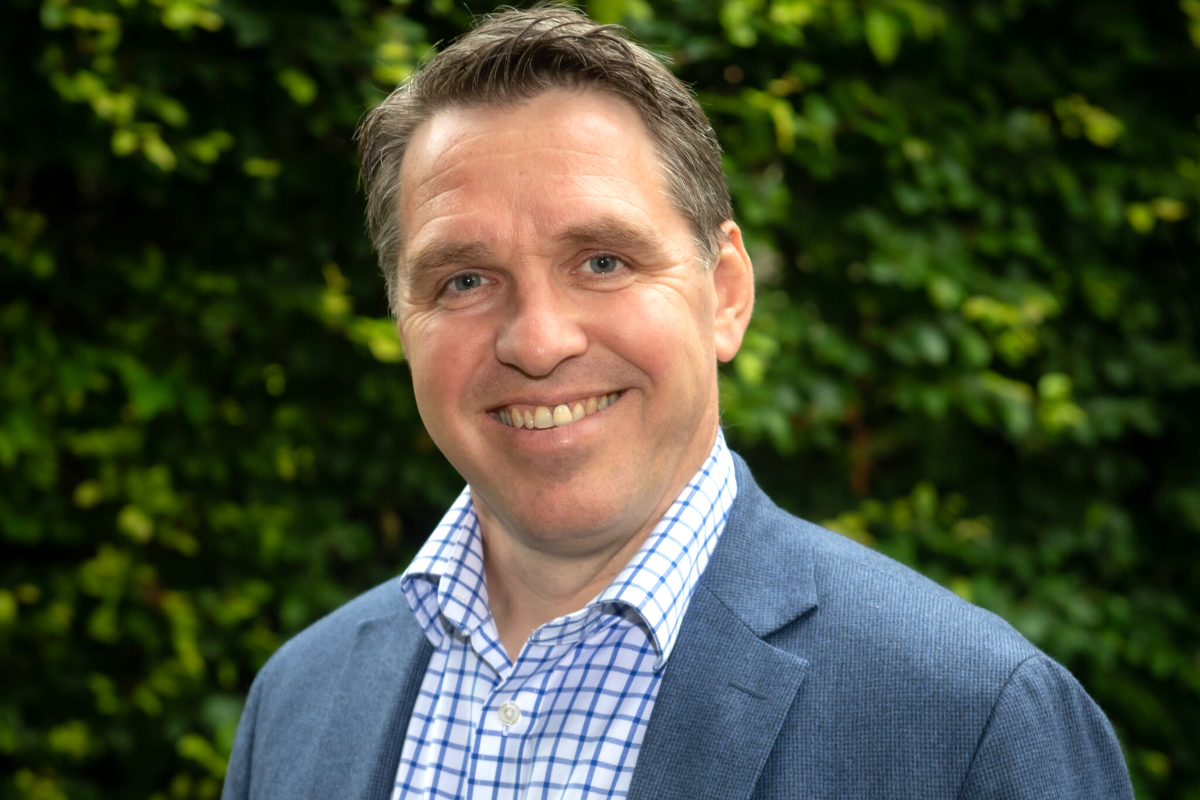 York and North Yorkshire Chief Exec Confident Devolution Will Boost Northern Power and Investment
York and North Yorkshire Chief Exec Confident Devolution Will Boost Northern Power and Investment
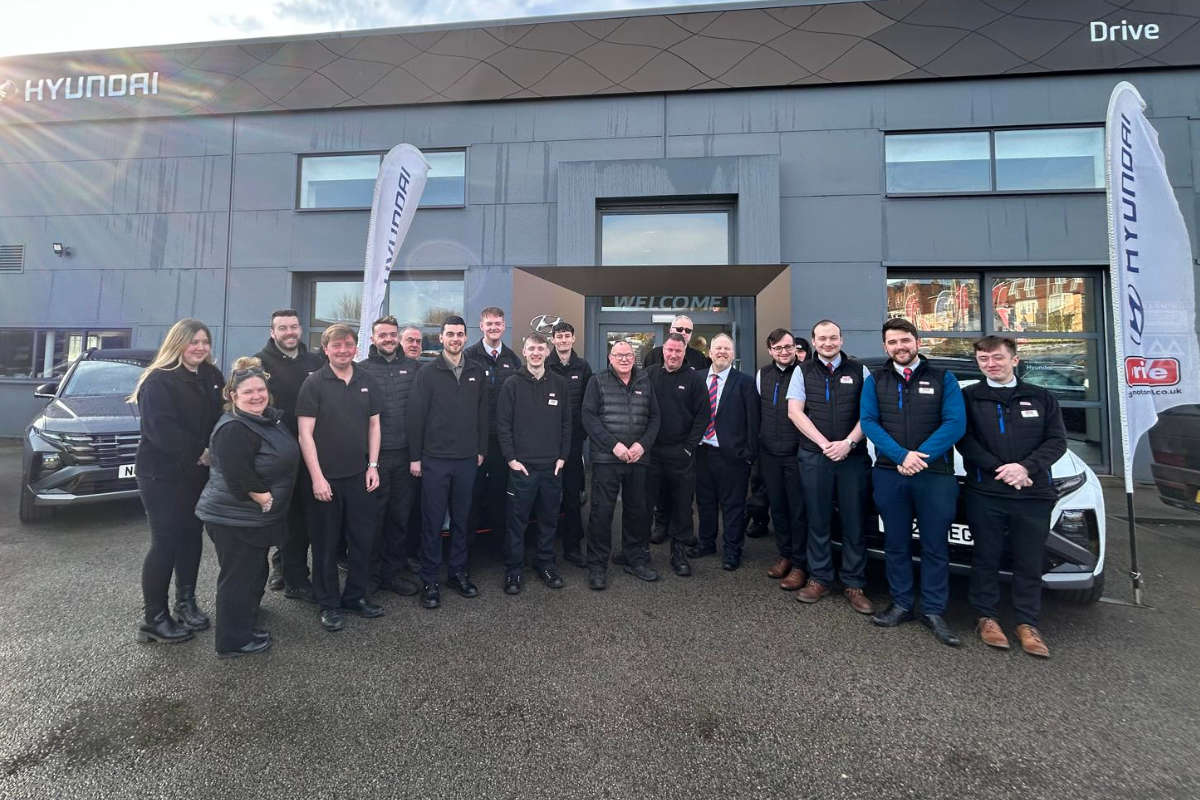 Double Success for Scarborough Motor Firm
Double Success for Scarborough Motor Firm
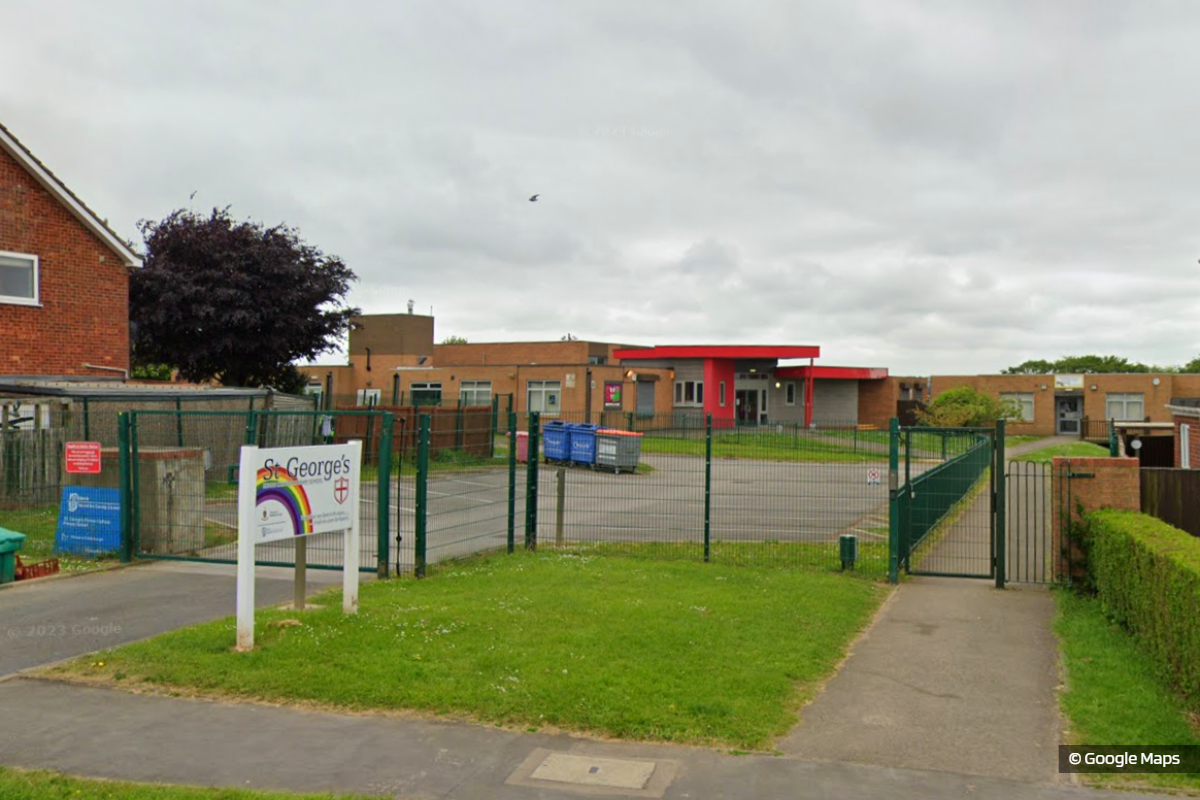 Scarborough School Receives Funding for New School-Based Nursery
Scarborough School Receives Funding for New School-Based Nursery
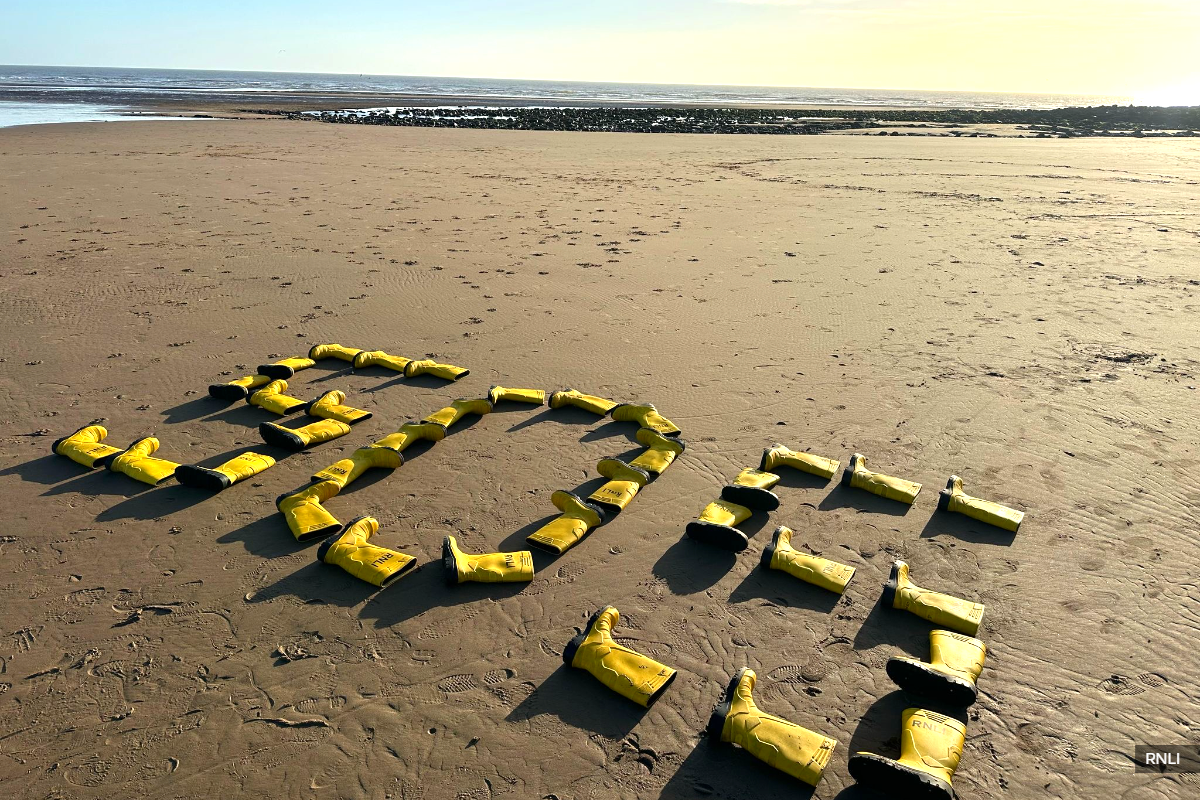 RNLI Bridlington Puts Out Mayday Call to Help Raise Vital Funds
RNLI Bridlington Puts Out Mayday Call to Help Raise Vital Funds
 Street Lights Switched Off Along Two East Riding Roads as Part Carbon Cutting Trial
Street Lights Switched Off Along Two East Riding Roads as Part Carbon Cutting Trial
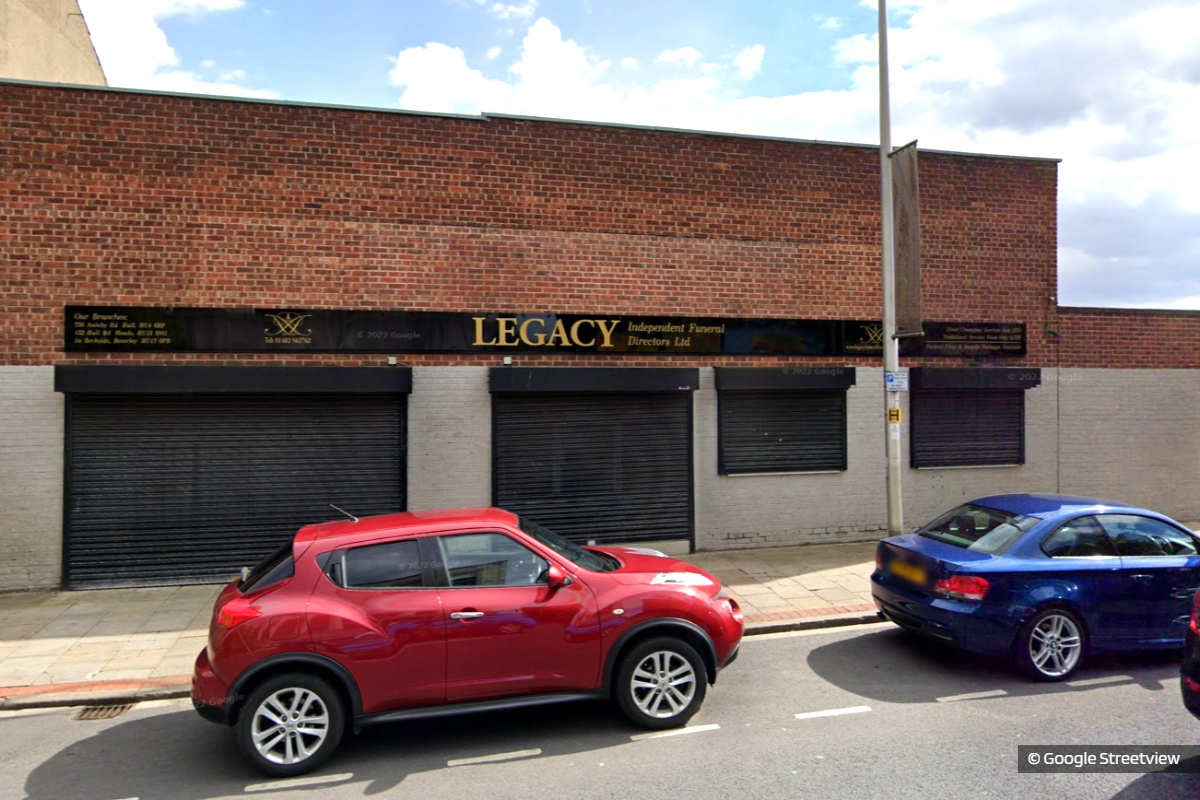 Man Charged in Legacy Independent Funeral Directors Investigation
Man Charged in Legacy Independent Funeral Directors Investigation
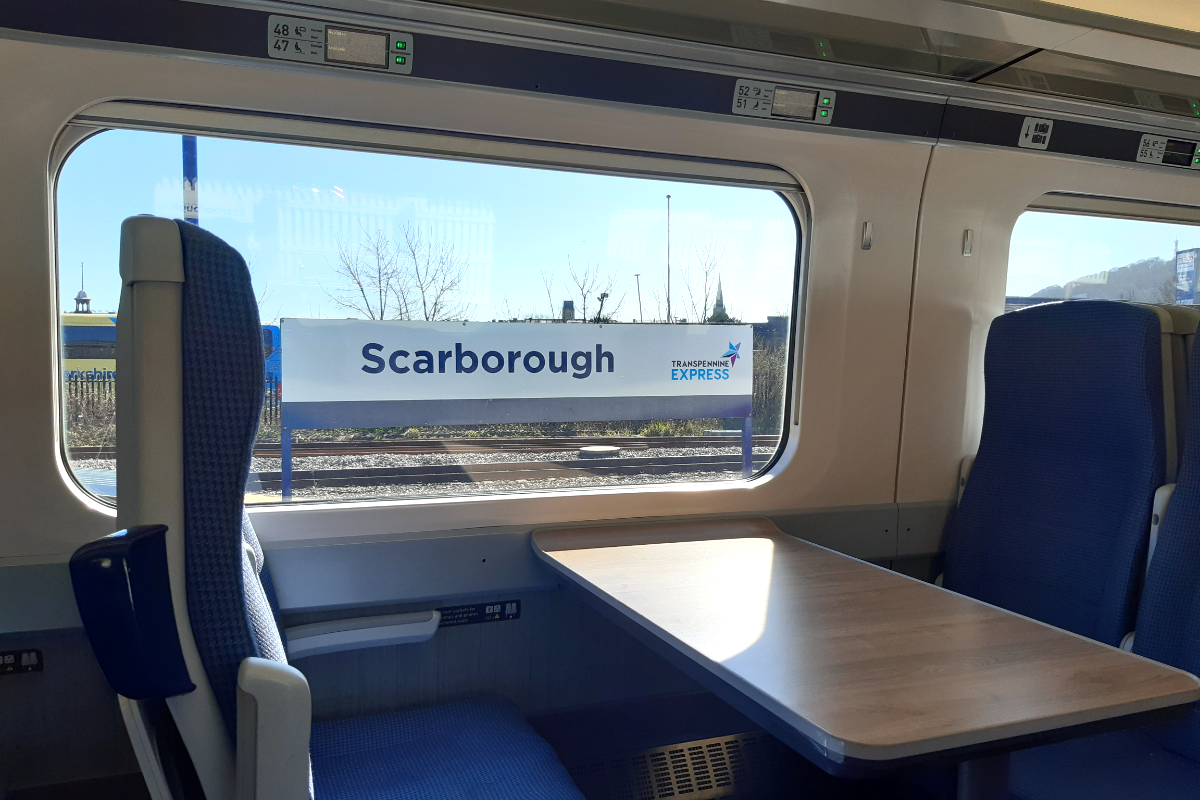 Mayor Says Half Hourly Trains to Scarborough ‘Moving in the Right Direction’
Mayor Says Half Hourly Trains to Scarborough ‘Moving in the Right Direction’
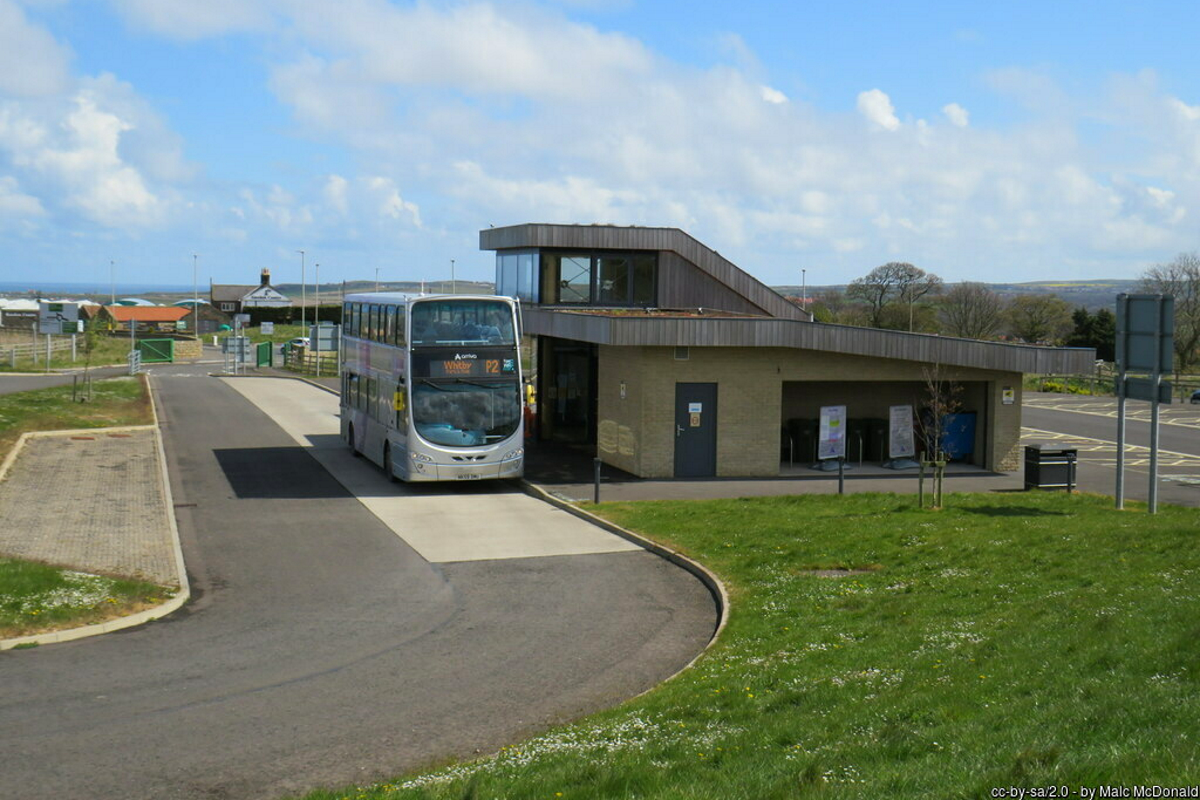 Park and Ride Services in Scarborough and Whitby Set to Reopen This Weekend
Park and Ride Services in Scarborough and Whitby Set to Reopen This Weekend
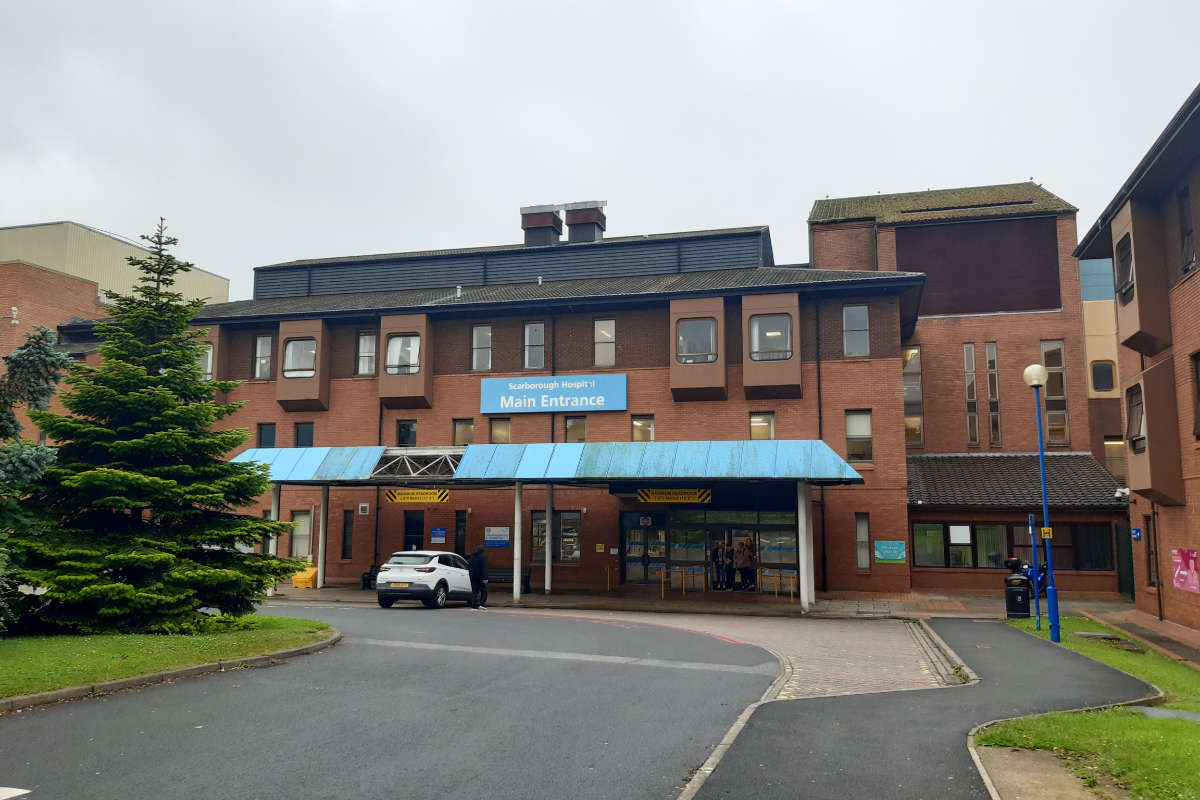 Efforts Underway to Tackle High Missed Appointment Rates at Scarborough Hospital
Efforts Underway to Tackle High Missed Appointment Rates at Scarborough Hospital
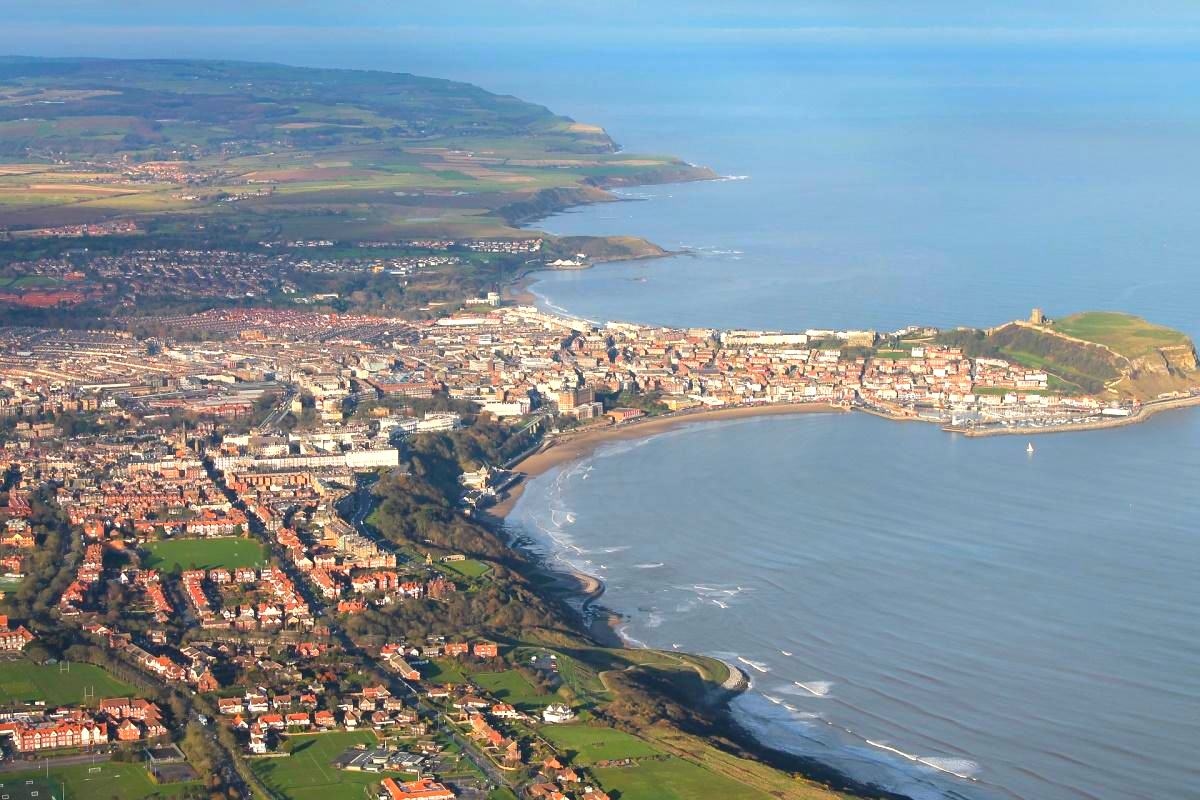 MP Welcomes Investments in Scarborough and Whitby
MP Welcomes Investments in Scarborough and Whitby
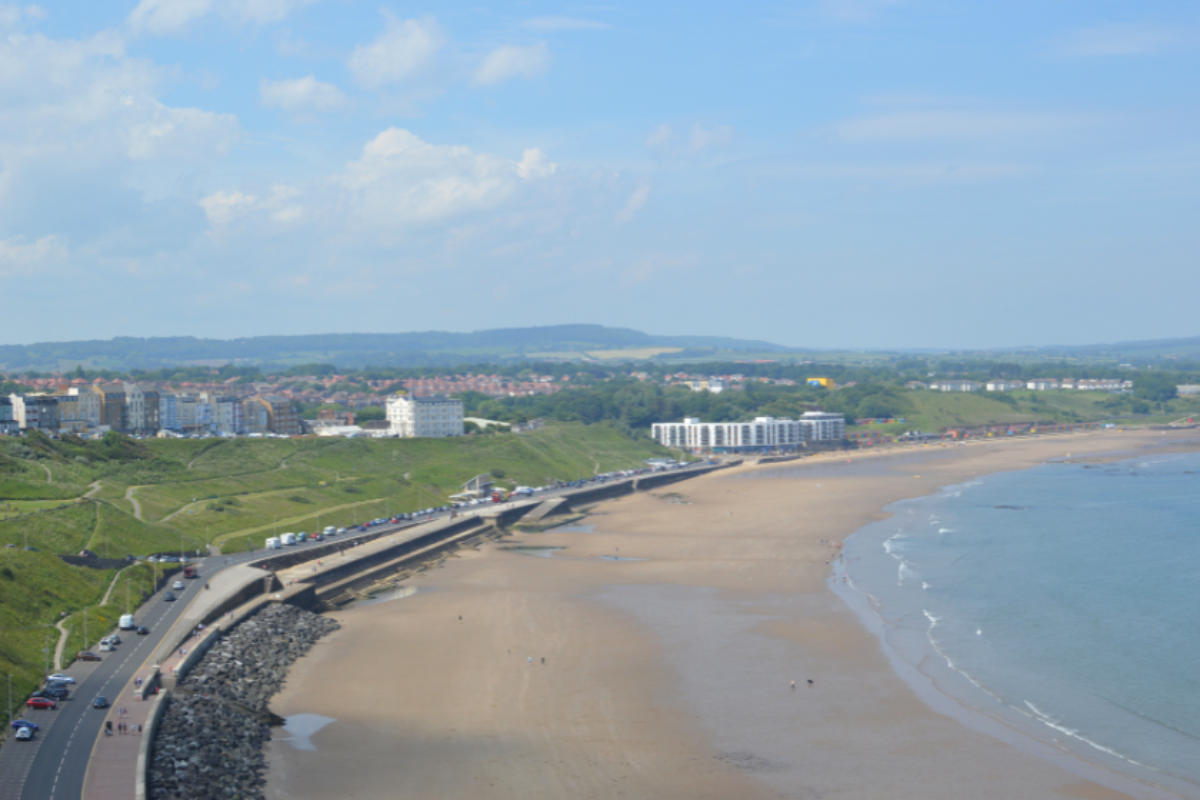 Scarborough to Benefit from New Flood Defence Investments
Scarborough to Benefit from New Flood Defence Investments








Comments
Add a comment